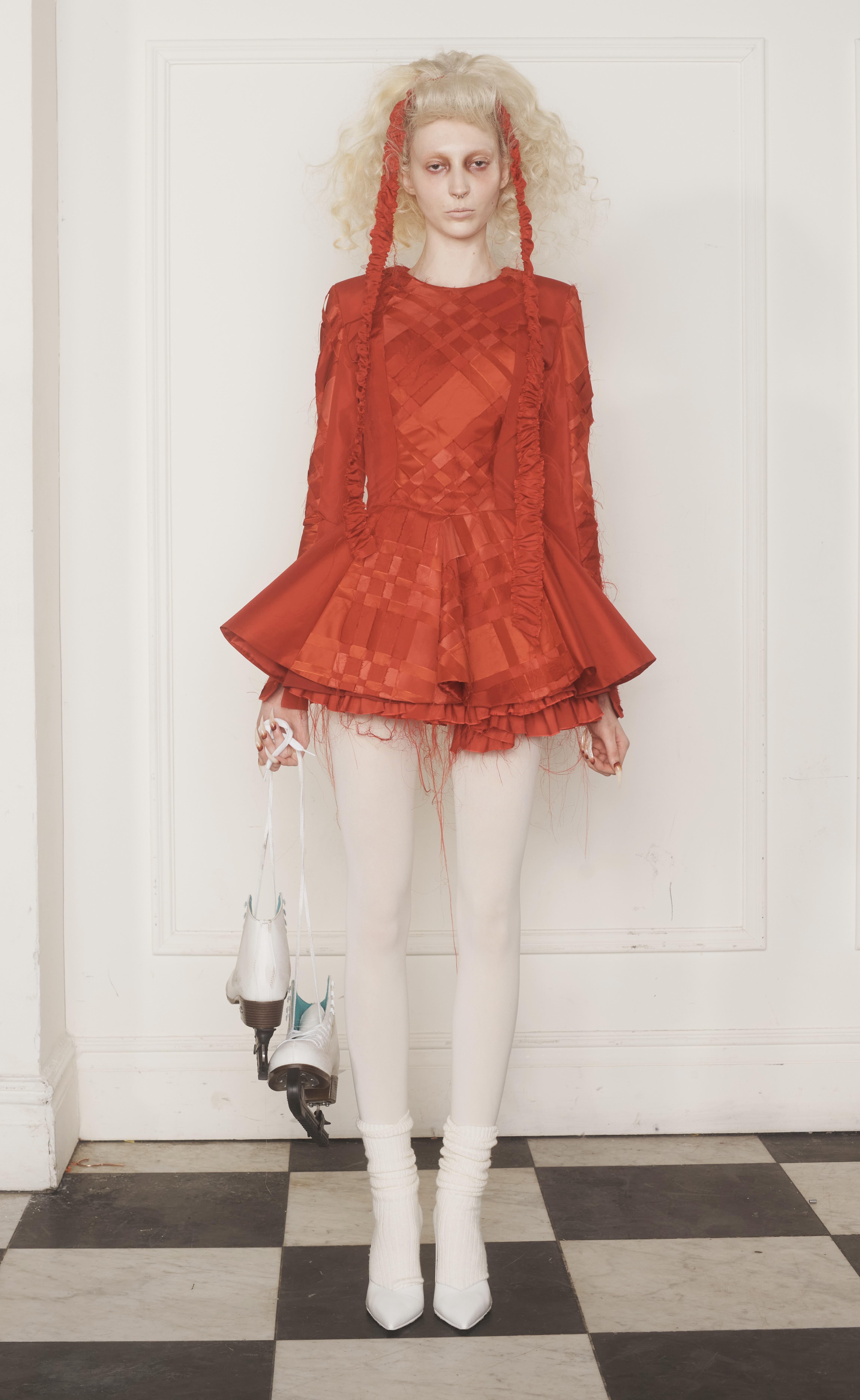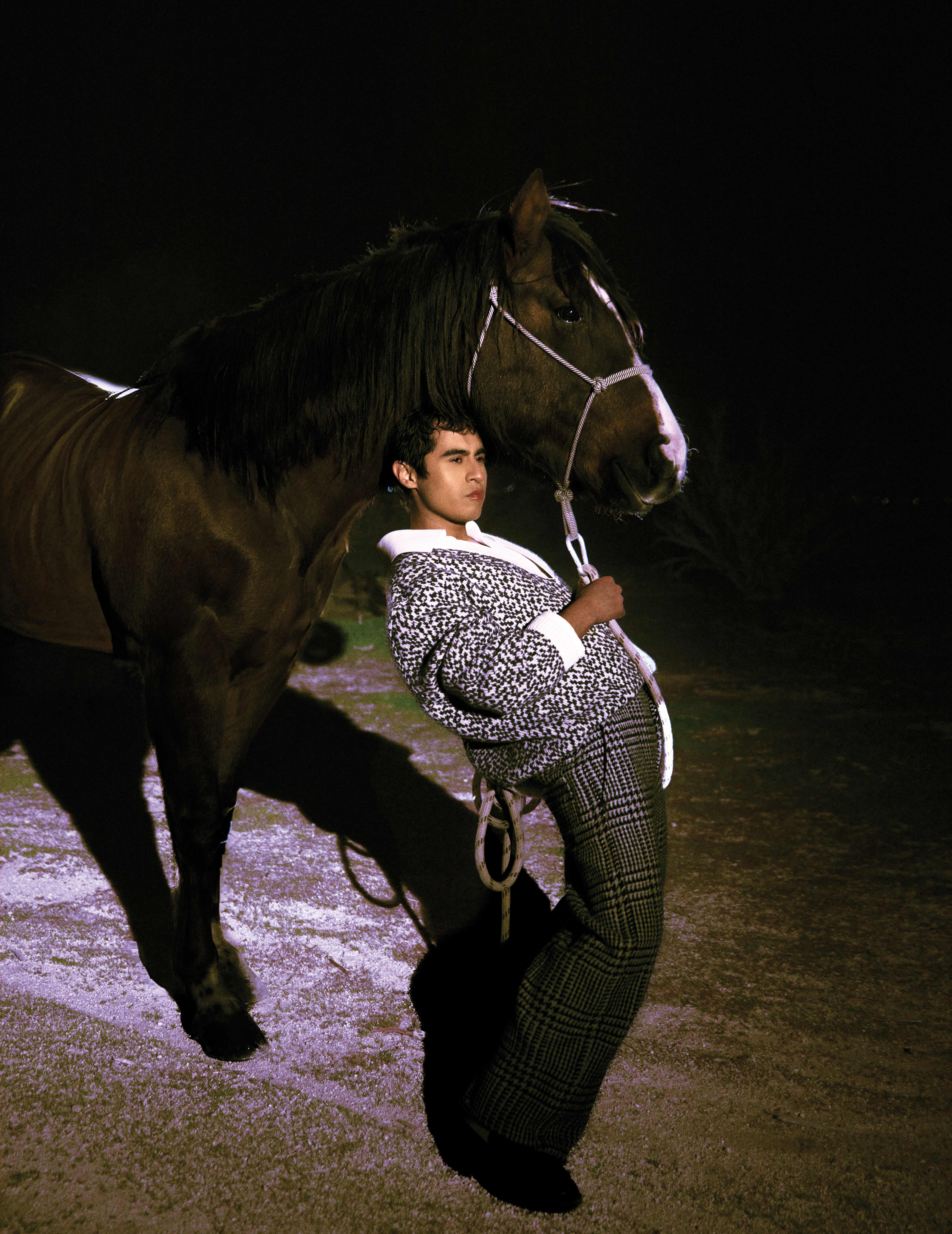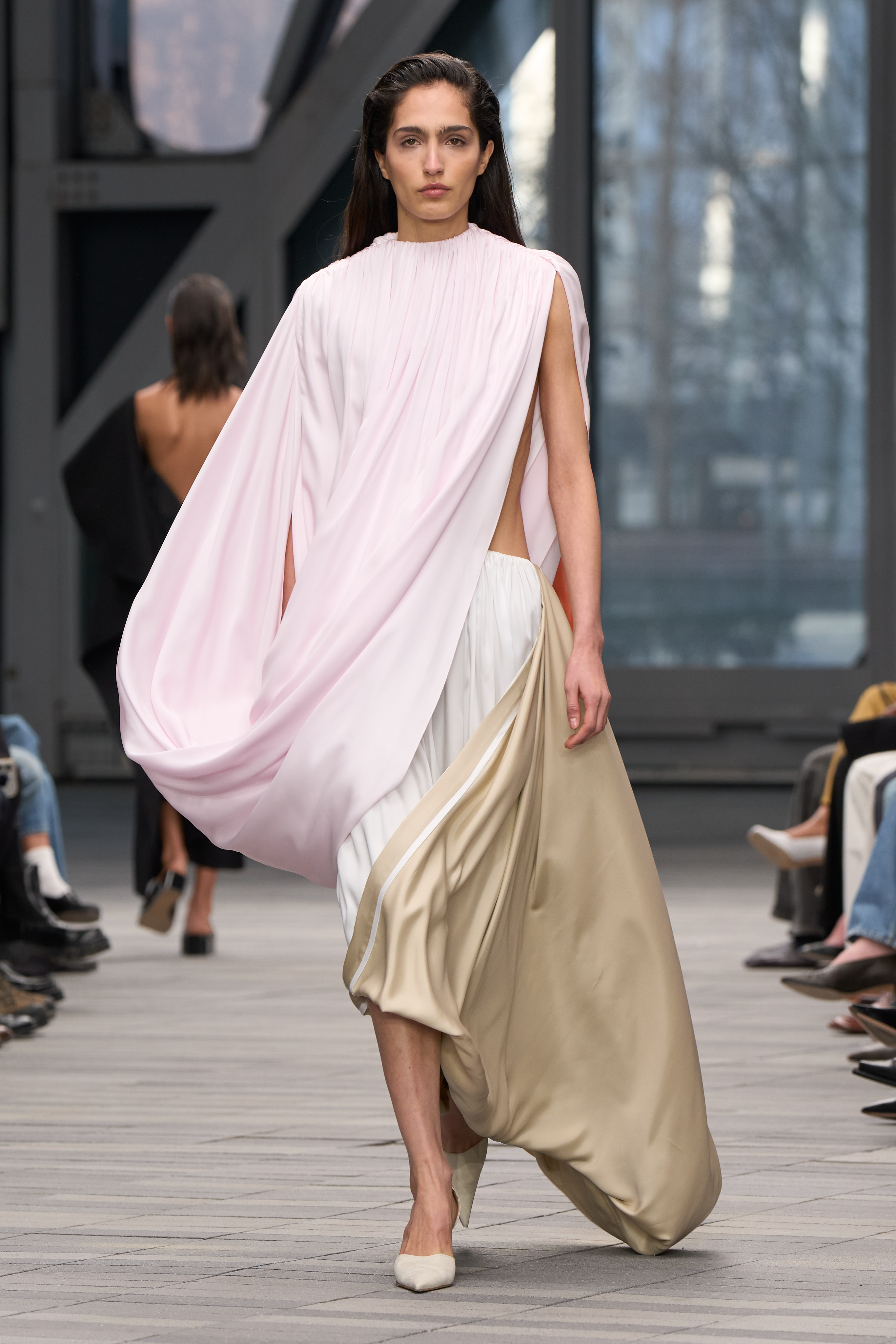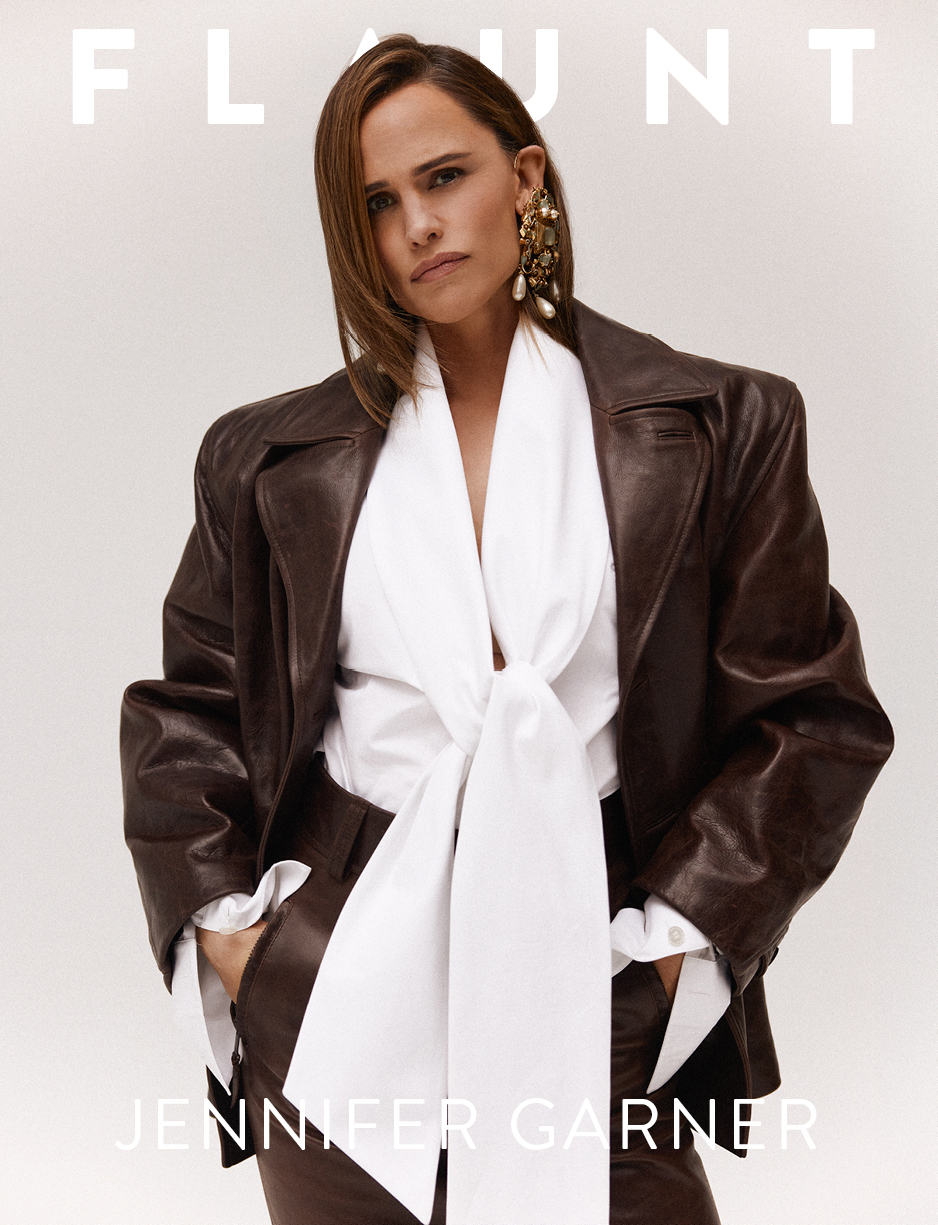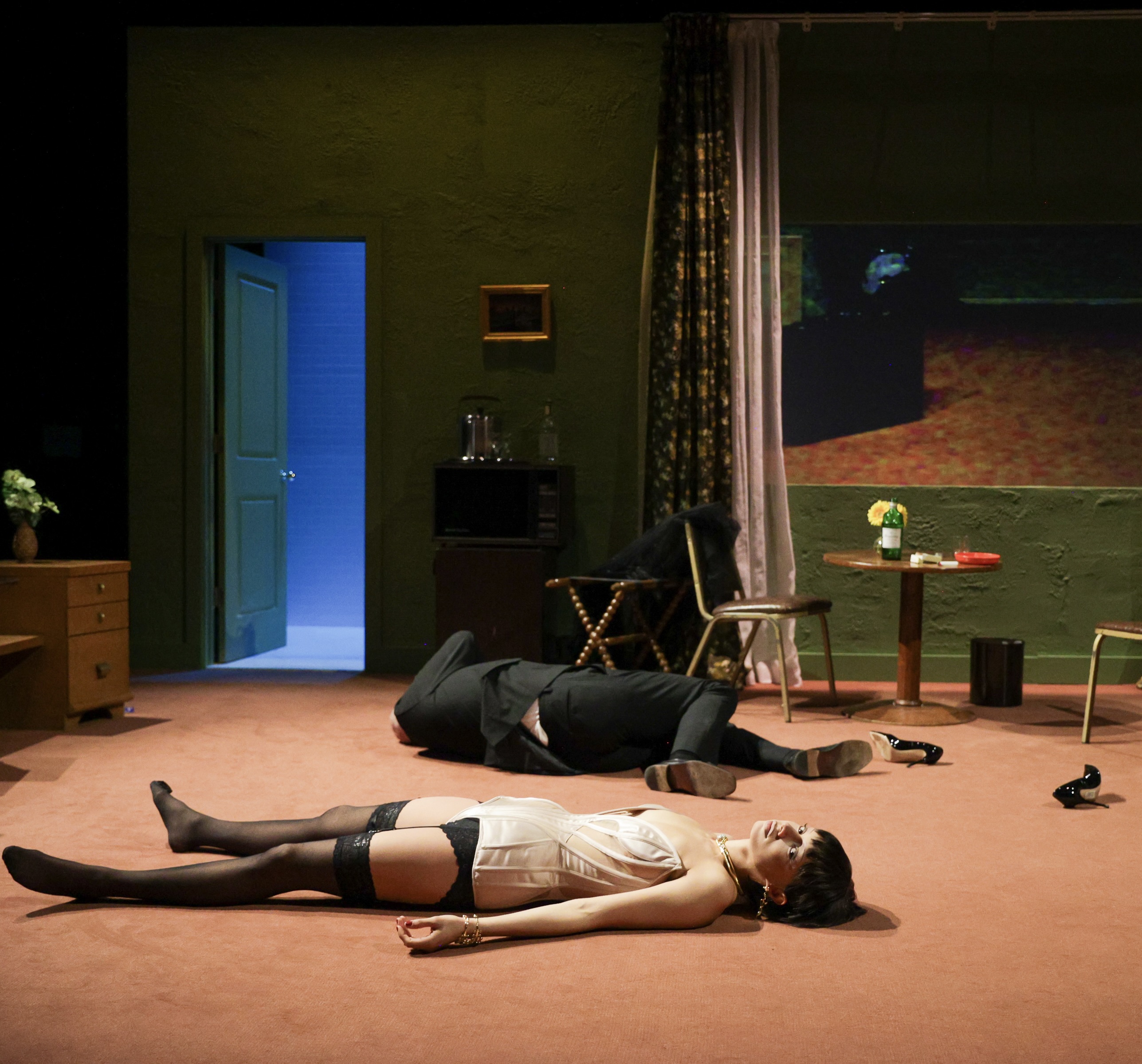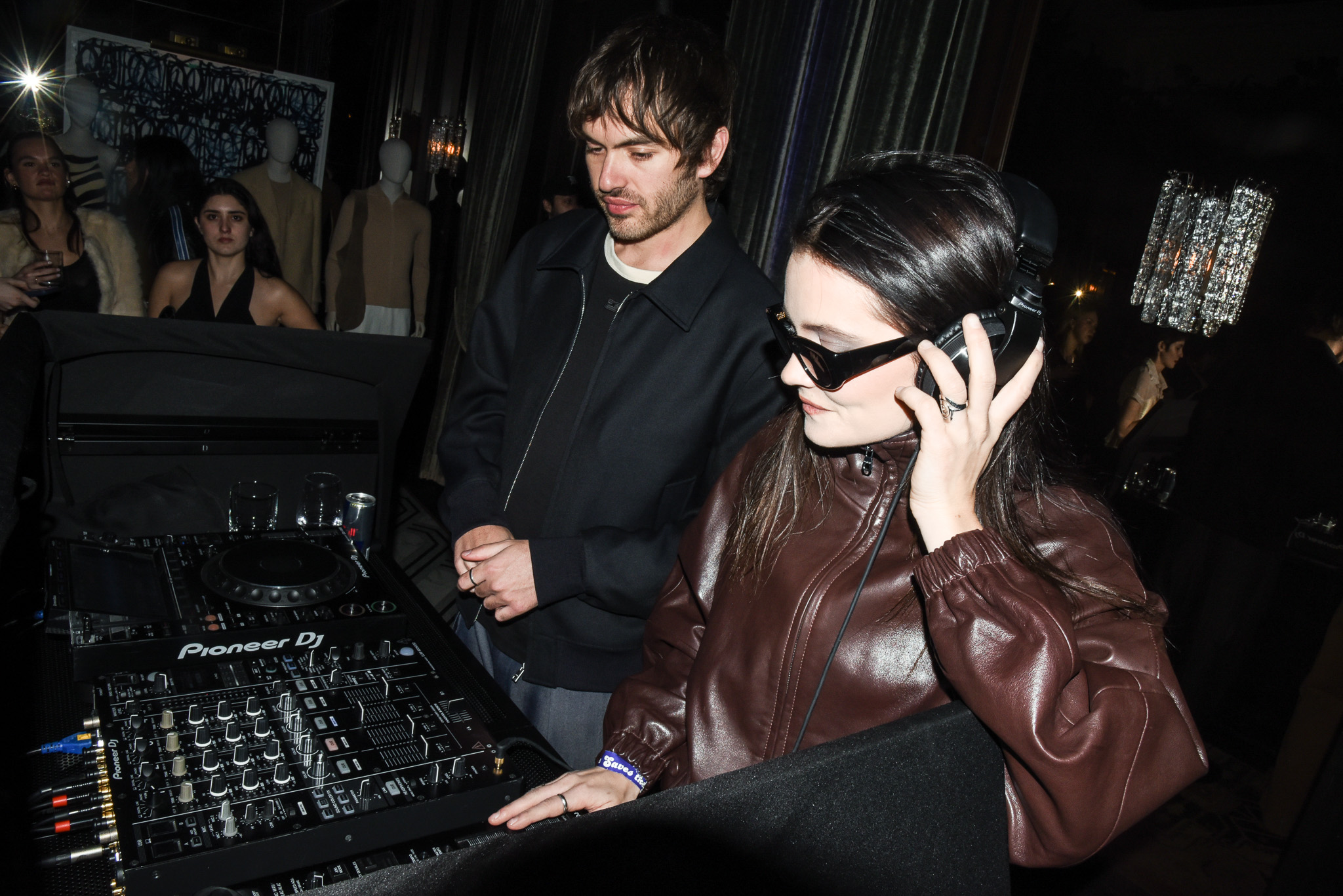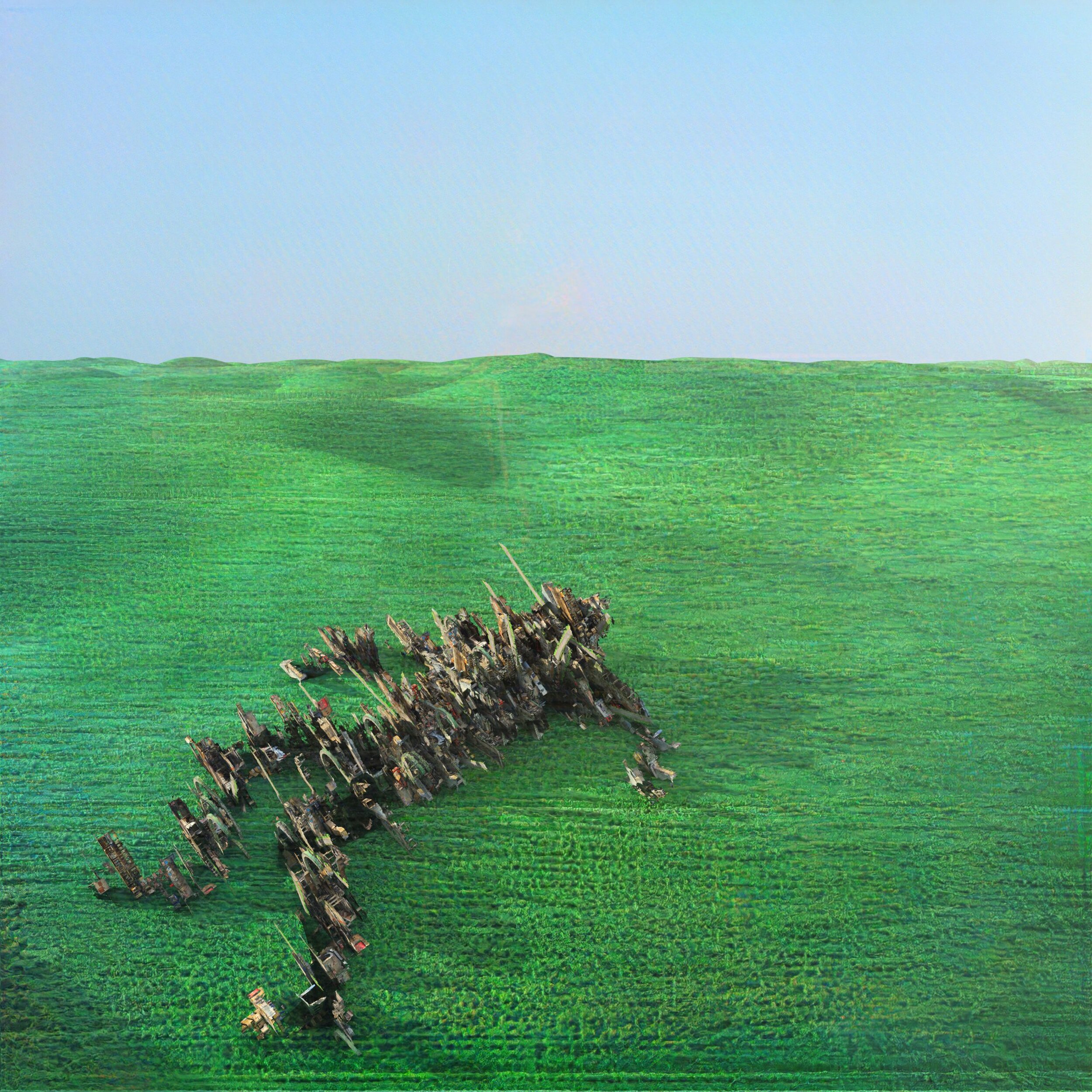

After years of releasing music together, [Squid](https://www.instagram.com/squidbanduk/)’s debut album [_Bright Green Field_](https://open.spotify.com/album/4z44Wir05QzQYSCs0KwsKX?si=rHmE54bxQuaChTYUEnaRYw) is out today. What started out as five people with a love for creating music to play to their friends has blossomed into five people with a love for creating music to play to their friends _and_ thousands of devoted fans.
They describe the 11-track LP’s sound as a “porridge of differing thicknesses.” Perhaps an unorthodox way to put their music into words, but not an inaccurate one. There’s a lot of texture to the album, highlighted by the field sounds of church bells, buzzing bees, a distorted choir of 30 voices, and the melodic voice of Martha Skye Murphy. It’s evident that _Bright Green Field’s_ genre-defying sound is the product of five originative musician’s minds coming together to work on one project.
Stream _Bright Green Field_ and read _Flaunt_’s conversation with band members Anton Pearson and Louis Borlase about their favorite songs to play off the LP, what _could’ve_ been their first album’s name, and more below!
* * *
**How different is releasing an album compared to releasing singles?**
Louis: Pretty much monumentally different I'd say. We've put out so many things, I think that has prepped us, in some respects, in terms of our experience, working with each other and working with Dan Carey. But nothing kind of prepares you for how much you treat an album as your baby, almost like you want what's best for it. You want to make sure that it's the perfect thing. So I think a big thing for us was making sure that nothing ever felt like half measure or making it feel like anything was tacked on to everything was kind of pretty important. So we've nurtured it for quite a long time now. So happy for it to come out.
**How long has it been in the works?**
Anton: Probably in total, over three years. But in terms of when we started recording it, we started recording it mid-July last year, we were recording it for about a month and then took a little while longer mixing and mastering it. But it's been a long time coming in terms of the songs on it. Some like I said are three and a half years old and some are a couple of years old, but toured quite a lot. And then some are completely brand new.
Louis: Yeah, some we've never played to anyone before ever.
**Are you guys excited about getting to play those that no one's listened to yet?**
Louis: Yes, so excited. I feel like we've kind of already got this feeling that the album versions are representations of the songs, but usually, we allow the music to kind of sculpt itself and keep changing in response to what the audience is feeling. So, because they've been such private pieces of music for a long time, I think we're already quite excited to immediately start playing versions that are new to us, and that maybe might surprise the listener a little bit when they suddenly work out what the track from the album is.
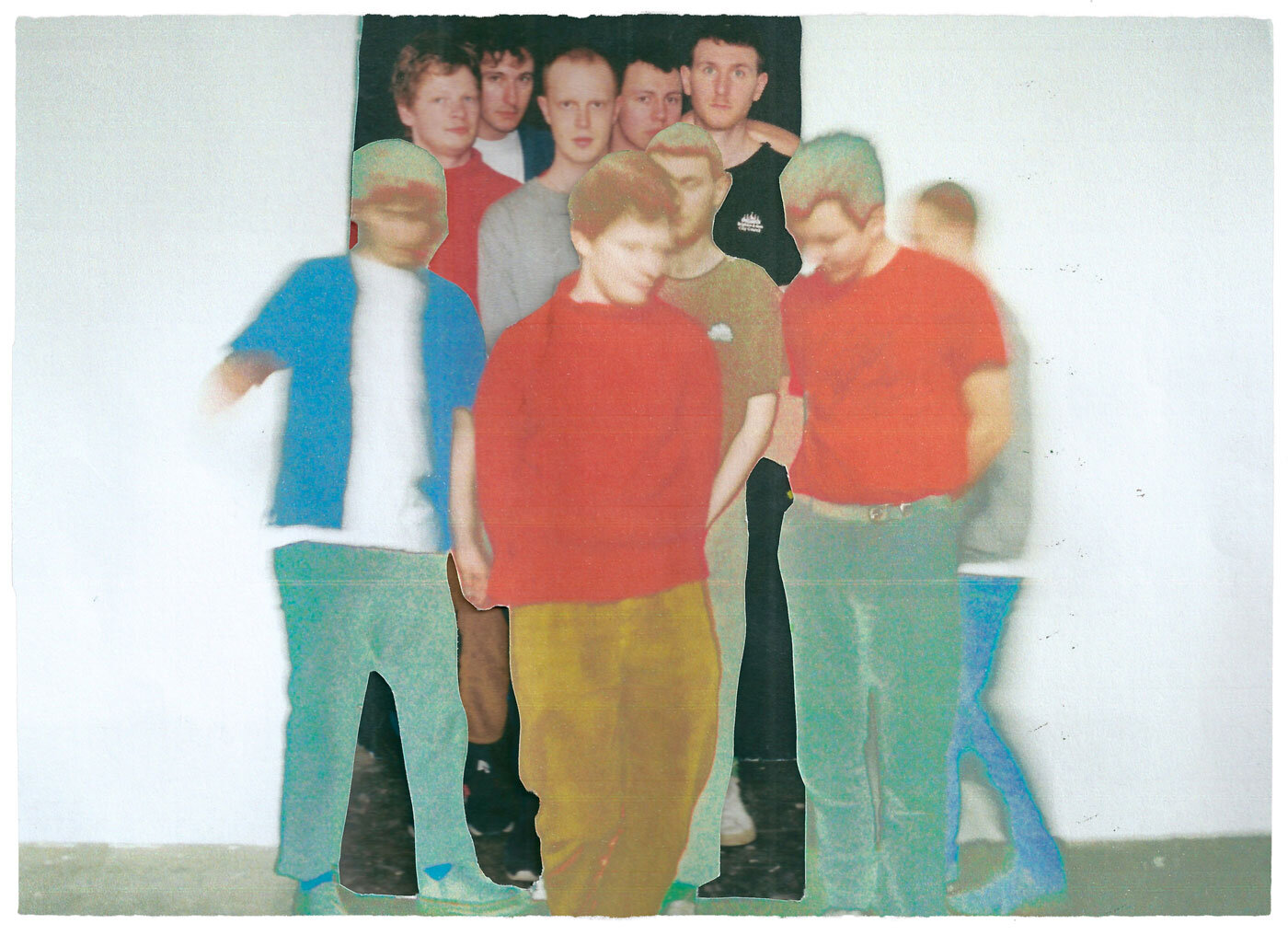

Photo Credit: Alex McCullough
**Do you guys think you're going to have a favorite song off this album to play to a live audience?**
Anton: Maybe I think some of the new ones. There's “Global Groove” and “Peel St.” “Peel St” is completely new and “Global Groove” we made a completely new version of the album. I think I'm really excited to see the audience and how they react to those two songs. And also the end of “Boy Racers” as well, I think it's a song we wrote for the studio to some extent, rather than thinking about a live audience beyond this reality. I think seeing what people think of that, whether it's good or bad when we play live, will be a very nice part of the set, I think. It gives us a space to breathe, which we often don't have too much.
Louis: In the past, we've often relied on maybe one song as being a five-minute breather in an hour-long, otherwise very energetic set. There's a little bit more of that now with the album, which I think is something that was kind of subconsciously really important for us when we were writing.
**Can you talk about the writing process and what it looked like?**
Louis: I think we kind of realized we'd started writing this album, fittingly, when we were working on a live set for a tour that was canceled back in 2020. We were working on new bits, but also kind of changing versions of some of our already existing tracks. I think, just before that, we'd written “G.S.K”, which is the first song on the album, and it was kind of starting to set the scene as a bit of a landscape that I think we were quite interested in, and suddenly felt quite dystopian, and a bit sci-fi. I think we realized with “G.S.K”, that we were on to something in terms of writing music about reflections on our own worlds, but also a new imaginary world that sort of exists only in our five heads. So we were going about it—it wasn't particularly focused, kind of like, this song sounds like this and we're now going to make the others kind of follow suit. It was more like suddenly having this moment of inspiration with “G.S.K” that allowed it to set the scene for a new style of writing with new sound instrumentation, stuff like that.
**The band started in 2013, you guys met at University. How has your sound changed since then?**
Anton: We met and we were playing much softer music to some extent back then. Arthur was predominantly on cello and Ollie was singing slightly softer. I guess as the venues got bigger, and the sound quality didn't always improve linearly with the venues getting bigger, it meant that Ollie had to shout louder to be heard above that kind of access notice. Hence, his singing style developed, partly somewhat because of that. But also, we've always been a band which has been interested in a massive variety of music. I think naturally, just because of that, we are continually evolving. We've always shied away but have felt it somewhat unusual to be described by a particular genre because we don't think the second or third or fourth album is going to sound quite like the first. And that's something that stays really exciting for us as a band.
Louis: When we first started playing music together we were exclusively performing to our friends that would come to these shows that we'd put on in really tiny venues and stuff like that. So a massive part of that was that kind of informality I think that's always been quite, quite central in, the kind of jam session world of just playing to your friends and your friends getting on stage and joining in. There was a massive element of freeness with our music when we were starting out. So now, I feel like when we've approached the point with writing something that's very prescribed like an album of songs and structures that you can reassemble when you get on stage and perform them live, there's still a pretty big element, I think of freeness in the music, which takes place as a direct result of the way we approached things all those years ago. When we just got on the phone to you we literally just got off the back of a free jam session with some of our friends in Bristol. So it's kind of nice, that's one thing that's never going away. We haven't really turned into a band that's like well if there's no guitar part written down, we're not fucking jamming.
**What do you think that version of you guys back when you first started the band would think of where you are now?**
Louis: I think we'd be pretty proud to be honest, that we'd actually focus enough to bother making it something that we can take seriously and still have fun with and also at the same time give enough effort to allow it to work out. There were things that we needed to address back then, we had a lot of freedom. There were some really fun ideas, but we needed to improve our musicality and approach things like structure more mindfully and be able to kind of re-emulate ideas again, which I think we're kind of still learning how to do.
Anton: Surprised and proud, I think.
**You guys said that you don't like to define yourself with one genre, but if you were to describe your sound, and specifically the sound of this album, to somebody who hasn't listened to it yet, how would you guys do that?**
Anton: One of my favorite descriptions of coming to one of our live shows was the live show is quite like a bowl of porridge. You dive in, it is quite thick, and there's lots of kind of thick oat-y sounds around you. You can certainly thin out and get to this little bit of milk on top—oat milk or, you know, whatever kind of milk you fancy—and then dive back into the porridge. And I think like Louis was saying earlier, occasionally, we'd only have a couple of ambient parts of our set, and that would be the oat-y milkiness and the rest would be thick porridge. Maybe that's a bit of a simplistic way of saying.
Louis: I think that was perfect, because what you're describing there is a variety of texture. I think we quite approach music pretty texturally. So yeah. Porridge. Of differing thicknesses.
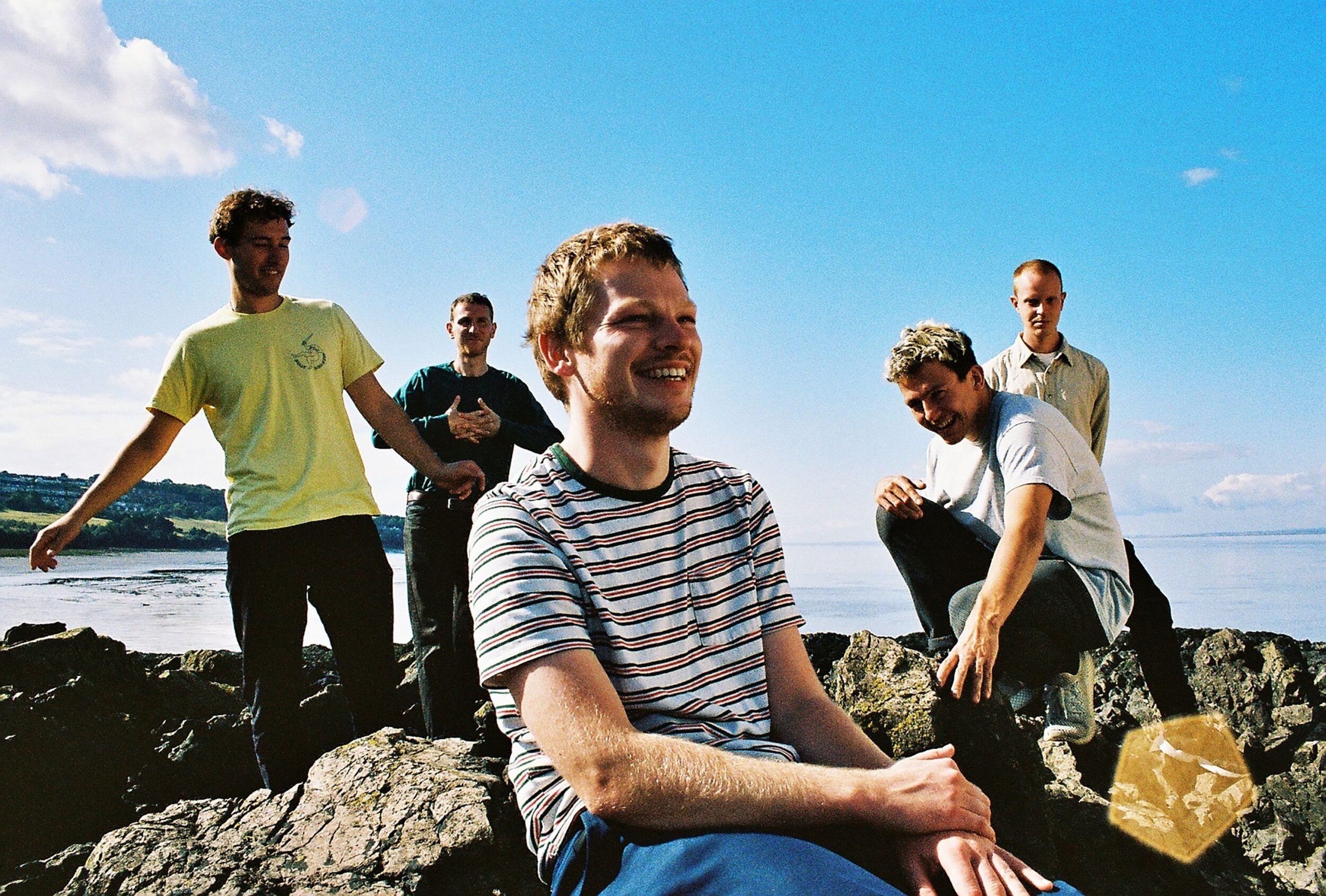

Photo Credit: Holly Whitaker
**How’d you land on the name of the album, _Bright Green Field_?**
Louis: We had a massive amount of names that we were still sifting through after we'd finished recording, and I think after maybe even the artwork was pretty much done. But, because it was coming from five of us, and we have a kind of mainly shared sense of humor, but we have different nuances to what we find funny and interesting. We'd gone through this big list, some of the contenders were “Desktop Mosaic” that was one of them.
Anton: “On Demand.”
Louis: Those were basically really shit album names that just didn't seem to be coming from the same place in terms of importance as the album was. So I think we were thinking because when it comes to the musical on _Bright Green Field_, we were kind of thinking that it evokes so much of a city environment and a kind of almost dystopic concrete place that we all kind of know. Presuming, for people that live in cities, where you're kind of bombarded with advertisements, and people in a mad rush all the time, I think we were kind of also interested in that. Outside of that, in order for that to be a city, there always has to be countryside around it, to make you realize where the city starts. So I think we were kind of interested in almost making a name for it, that depicted elements of maybe what a lot of the music wasn't, and was maybe a kind of balance away from that kind of heavy textural side of things.
Anton: I think musically, we play in tune with each other nowadays, but linguistically, at times we are still very out of key. I think _Bright Green Field_ felt like a linguistic version of being in key with each other.
**What else do you want people to know about you and this album?**
Louis: With the squid website, there's quite a lot of secrets in there all of a sudden. There's quite a lot of album... basically lots of Easter eggs I think that we realized exist in some form of links between different media and things like that on the squid website. Maybe people that have you ever been on [squidband.uk](https://squidband.uk/) can go find out what they are.
 
After years of releasing music together, [Squid](https://www.instagram.com/squidbanduk/)’s debut album [_Bright Green Field_](https://open.spotify.com/album/4z44Wir05QzQYSCs0KwsKX?si=rHmE54bxQuaChTYUEnaRYw) is out today. What started out as five people with a love for creating music to play to their friends has blossomed into five people with a love for creating music to play to their friends _and_ thousands of devoted fans.
They describe the 11-track LP’s sound as a “porridge of differing thicknesses.” Perhaps an unorthodox way to put their music into words, but not an inaccurate one. There’s a lot of texture to the album, highlighted by the field sounds of church bells, buzzing bees, a distorted choir of 30 voices, and the melodic voice of Martha Skye Murphy. It’s evident that _Bright Green Field’s_ genre-defying sound is the product of five originative musician’s minds coming together to work on one project.
Stream _Bright Green Field_ and read _Flaunt_’s conversation with band members Anton Pearson and Louis Borlase about their favorite songs to play off the LP, what _could’ve_ been their first album’s name, and more below!
* * *
**How different is releasing an album compared to releasing singles?**
Louis: Pretty much monumentally different I'd say. We've put out so many things, I think that has prepped us, in some respects, in terms of our experience, working with each other and working with Dan Carey. But nothing kind of prepares you for how much you treat an album as your baby, almost like you want what's best for it. You want to make sure that it's the perfect thing. So I think a big thing for us was making sure that nothing ever felt like half measure or making it feel like anything was tacked on to everything was kind of pretty important. So we've nurtured it for quite a long time now. So happy for it to come out.
**How long has it been in the works?**
Anton: Probably in total, over three years. But in terms of when we started recording it, we started recording it mid-July last year, we were recording it for about a month and then took a little while longer mixing and mastering it. But it's been a long time coming in terms of the songs on it. Some like I said are three and a half years old and some are a couple of years old, but toured quite a lot. And then some are completely brand new.
Louis: Yeah, some we've never played to anyone before ever.
**Are you guys excited about getting to play those that no one's listened to yet?**
Louis: Yes, so excited. I feel like we've kind of already got this feeling that the album versions are representations of the songs, but usually, we allow the music to kind of sculpt itself and keep changing in response to what the audience is feeling. So, because they've been such private pieces of music for a long time, I think we're already quite excited to immediately start playing versions that are new to us, and that maybe might surprise the listener a little bit when they suddenly work out what the track from the album is.

After years of releasing music together, [Squid](https://www.instagram.com/squidbanduk/)’s debut album [_Bright Green Field_](https://open.spotify.com/album/4z44Wir05QzQYSCs0KwsKX?si=rHmE54bxQuaChTYUEnaRYw) is out today. What started out as five people with a love for creating music to play to their friends has blossomed into five people with a love for creating music to play to their friends _and_ thousands of devoted fans.
They describe the 11-track LP’s sound as a “porridge of differing thicknesses.” Perhaps an unorthodox way to put their music into words, but not an inaccurate one. There’s a lot of texture to the album, highlighted by the field sounds of church bells, buzzing bees, a distorted choir of 30 voices, and the melodic voice of Martha Skye Murphy. It’s evident that _Bright Green Field’s_ genre-defying sound is the product of five originative musician’s minds coming together to work on one project.
Stream _Bright Green Field_ and read _Flaunt_’s conversation with band members Anton Pearson and Louis Borlase about their favorite songs to play off the LP, what _could’ve_ been their first album’s name, and more below!
* * *
**How different is releasing an album compared to releasing singles?**
Louis: Pretty much monumentally different I'd say. We've put out so many things, I think that has prepped us, in some respects, in terms of our experience, working with each other and working with Dan Carey. But nothing kind of prepares you for how much you treat an album as your baby, almost like you want what's best for it. You want to make sure that it's the perfect thing. So I think a big thing for us was making sure that nothing ever felt like half measure or making it feel like anything was tacked on to everything was kind of pretty important. So we've nurtured it for quite a long time now. So happy for it to come out.
**How long has it been in the works?**
Anton: Probably in total, over three years. But in terms of when we started recording it, we started recording it mid-July last year, we were recording it for about a month and then took a little while longer mixing and mastering it. But it's been a long time coming in terms of the songs on it. Some like I said are three and a half years old and some are a couple of years old, but toured quite a lot. And then some are completely brand new.
Louis: Yeah, some we've never played to anyone before ever.
**Are you guys excited about getting to play those that no one's listened to yet?**
Louis: Yes, so excited. I feel like we've kind of already got this feeling that the album versions are representations of the songs, but usually, we allow the music to kind of sculpt itself and keep changing in response to what the audience is feeling. So, because they've been such private pieces of music for a long time, I think we're already quite excited to immediately start playing versions that are new to us, and that maybe might surprise the listener a little bit when they suddenly work out what the track from the album is.
 
Photo Credit: Alex McCullough
**Do you guys think you're going to have a favorite song off this album to play to a live audience?**
Anton: Maybe I think some of the new ones. There's “Global Groove” and “Peel St.” “Peel St” is completely new and “Global Groove” we made a completely new version of the album. I think I'm really excited to see the audience and how they react to those two songs. And also the end of “Boy Racers” as well, I think it's a song we wrote for the studio to some extent, rather than thinking about a live audience beyond this reality. I think seeing what people think of that, whether it's good or bad when we play live, will be a very nice part of the set, I think. It gives us a space to breathe, which we often don't have too much.
Louis: In the past, we've often relied on maybe one song as being a five-minute breather in an hour-long, otherwise very energetic set. There's a little bit more of that now with the album, which I think is something that was kind of subconsciously really important for us when we were writing.
**Can you talk about the writing process and what it looked like?**
Louis: I think we kind of realized we'd started writing this album, fittingly, when we were working on a live set for a tour that was canceled back in 2020. We were working on new bits, but also kind of changing versions of some of our already existing tracks. I think, just before that, we'd written “G.S.K”, which is the first song on the album, and it was kind of starting to set the scene as a bit of a landscape that I think we were quite interested in, and suddenly felt quite dystopian, and a bit sci-fi. I think we realized with “G.S.K”, that we were on to something in terms of writing music about reflections on our own worlds, but also a new imaginary world that sort of exists only in our five heads. So we were going about it—it wasn't particularly focused, kind of like, this song sounds like this and we're now going to make the others kind of follow suit. It was more like suddenly having this moment of inspiration with “G.S.K” that allowed it to set the scene for a new style of writing with new sound instrumentation, stuff like that.
**The band started in 2013, you guys met at University. How has your sound changed since then?**
Anton: We met and we were playing much softer music to some extent back then. Arthur was predominantly on cello and Ollie was singing slightly softer. I guess as the venues got bigger, and the sound quality didn't always improve linearly with the venues getting bigger, it meant that Ollie had to shout louder to be heard above that kind of access notice. Hence, his singing style developed, partly somewhat because of that. But also, we've always been a band which has been interested in a massive variety of music. I think naturally, just because of that, we are continually evolving. We've always shied away but have felt it somewhat unusual to be described by a particular genre because we don't think the second or third or fourth album is going to sound quite like the first. And that's something that stays really exciting for us as a band.
Louis: When we first started playing music together we were exclusively performing to our friends that would come to these shows that we'd put on in really tiny venues and stuff like that. So a massive part of that was that kind of informality I think that's always been quite, quite central in, the kind of jam session world of just playing to your friends and your friends getting on stage and joining in. There was a massive element of freeness with our music when we were starting out. So now, I feel like when we've approached the point with writing something that's very prescribed like an album of songs and structures that you can reassemble when you get on stage and perform them live, there's still a pretty big element, I think of freeness in the music, which takes place as a direct result of the way we approached things all those years ago. When we just got on the phone to you we literally just got off the back of a free jam session with some of our friends in Bristol. So it's kind of nice, that's one thing that's never going away. We haven't really turned into a band that's like well if there's no guitar part written down, we're not fucking jamming.
**What do you think that version of you guys back when you first started the band would think of where you are now?**
Louis: I think we'd be pretty proud to be honest, that we'd actually focus enough to bother making it something that we can take seriously and still have fun with and also at the same time give enough effort to allow it to work out. There were things that we needed to address back then, we had a lot of freedom. There were some really fun ideas, but we needed to improve our musicality and approach things like structure more mindfully and be able to kind of re-emulate ideas again, which I think we're kind of still learning how to do.
Anton: Surprised and proud, I think.
**You guys said that you don't like to define yourself with one genre, but if you were to describe your sound, and specifically the sound of this album, to somebody who hasn't listened to it yet, how would you guys do that?**
Anton: One of my favorite descriptions of coming to one of our live shows was the live show is quite like a bowl of porridge. You dive in, it is quite thick, and there's lots of kind of thick oat-y sounds around you. You can certainly thin out and get to this little bit of milk on top—oat milk or, you know, whatever kind of milk you fancy—and then dive back into the porridge. And I think like Louis was saying earlier, occasionally, we'd only have a couple of ambient parts of our set, and that would be the oat-y milkiness and the rest would be thick porridge. Maybe that's a bit of a simplistic way of saying.
Louis: I think that was perfect, because what you're describing there is a variety of texture. I think we quite approach music pretty texturally. So yeah. Porridge. Of differing thicknesses.

Photo Credit: Alex McCullough
**Do you guys think you're going to have a favorite song off this album to play to a live audience?**
Anton: Maybe I think some of the new ones. There's “Global Groove” and “Peel St.” “Peel St” is completely new and “Global Groove” we made a completely new version of the album. I think I'm really excited to see the audience and how they react to those two songs. And also the end of “Boy Racers” as well, I think it's a song we wrote for the studio to some extent, rather than thinking about a live audience beyond this reality. I think seeing what people think of that, whether it's good or bad when we play live, will be a very nice part of the set, I think. It gives us a space to breathe, which we often don't have too much.
Louis: In the past, we've often relied on maybe one song as being a five-minute breather in an hour-long, otherwise very energetic set. There's a little bit more of that now with the album, which I think is something that was kind of subconsciously really important for us when we were writing.
**Can you talk about the writing process and what it looked like?**
Louis: I think we kind of realized we'd started writing this album, fittingly, when we were working on a live set for a tour that was canceled back in 2020. We were working on new bits, but also kind of changing versions of some of our already existing tracks. I think, just before that, we'd written “G.S.K”, which is the first song on the album, and it was kind of starting to set the scene as a bit of a landscape that I think we were quite interested in, and suddenly felt quite dystopian, and a bit sci-fi. I think we realized with “G.S.K”, that we were on to something in terms of writing music about reflections on our own worlds, but also a new imaginary world that sort of exists only in our five heads. So we were going about it—it wasn't particularly focused, kind of like, this song sounds like this and we're now going to make the others kind of follow suit. It was more like suddenly having this moment of inspiration with “G.S.K” that allowed it to set the scene for a new style of writing with new sound instrumentation, stuff like that.
**The band started in 2013, you guys met at University. How has your sound changed since then?**
Anton: We met and we were playing much softer music to some extent back then. Arthur was predominantly on cello and Ollie was singing slightly softer. I guess as the venues got bigger, and the sound quality didn't always improve linearly with the venues getting bigger, it meant that Ollie had to shout louder to be heard above that kind of access notice. Hence, his singing style developed, partly somewhat because of that. But also, we've always been a band which has been interested in a massive variety of music. I think naturally, just because of that, we are continually evolving. We've always shied away but have felt it somewhat unusual to be described by a particular genre because we don't think the second or third or fourth album is going to sound quite like the first. And that's something that stays really exciting for us as a band.
Louis: When we first started playing music together we were exclusively performing to our friends that would come to these shows that we'd put on in really tiny venues and stuff like that. So a massive part of that was that kind of informality I think that's always been quite, quite central in, the kind of jam session world of just playing to your friends and your friends getting on stage and joining in. There was a massive element of freeness with our music when we were starting out. So now, I feel like when we've approached the point with writing something that's very prescribed like an album of songs and structures that you can reassemble when you get on stage and perform them live, there's still a pretty big element, I think of freeness in the music, which takes place as a direct result of the way we approached things all those years ago. When we just got on the phone to you we literally just got off the back of a free jam session with some of our friends in Bristol. So it's kind of nice, that's one thing that's never going away. We haven't really turned into a band that's like well if there's no guitar part written down, we're not fucking jamming.
**What do you think that version of you guys back when you first started the band would think of where you are now?**
Louis: I think we'd be pretty proud to be honest, that we'd actually focus enough to bother making it something that we can take seriously and still have fun with and also at the same time give enough effort to allow it to work out. There were things that we needed to address back then, we had a lot of freedom. There were some really fun ideas, but we needed to improve our musicality and approach things like structure more mindfully and be able to kind of re-emulate ideas again, which I think we're kind of still learning how to do.
Anton: Surprised and proud, I think.
**You guys said that you don't like to define yourself with one genre, but if you were to describe your sound, and specifically the sound of this album, to somebody who hasn't listened to it yet, how would you guys do that?**
Anton: One of my favorite descriptions of coming to one of our live shows was the live show is quite like a bowl of porridge. You dive in, it is quite thick, and there's lots of kind of thick oat-y sounds around you. You can certainly thin out and get to this little bit of milk on top—oat milk or, you know, whatever kind of milk you fancy—and then dive back into the porridge. And I think like Louis was saying earlier, occasionally, we'd only have a couple of ambient parts of our set, and that would be the oat-y milkiness and the rest would be thick porridge. Maybe that's a bit of a simplistic way of saying.
Louis: I think that was perfect, because what you're describing there is a variety of texture. I think we quite approach music pretty texturally. So yeah. Porridge. Of differing thicknesses.
 
Photo Credit: Holly Whitaker
**How’d you land on the name of the album, _Bright Green Field_?**
Louis: We had a massive amount of names that we were still sifting through after we'd finished recording, and I think after maybe even the artwork was pretty much done. But, because it was coming from five of us, and we have a kind of mainly shared sense of humor, but we have different nuances to what we find funny and interesting. We'd gone through this big list, some of the contenders were “Desktop Mosaic” that was one of them.
Anton: “On Demand.”
Louis: Those were basically really shit album names that just didn't seem to be coming from the same place in terms of importance as the album was. So I think we were thinking because when it comes to the musical on _Bright Green Field_, we were kind of thinking that it evokes so much of a city environment and a kind of almost dystopic concrete place that we all kind of know. Presuming, for people that live in cities, where you're kind of bombarded with advertisements, and people in a mad rush all the time, I think we were kind of also interested in that. Outside of that, in order for that to be a city, there always has to be countryside around it, to make you realize where the city starts. So I think we were kind of interested in almost making a name for it, that depicted elements of maybe what a lot of the music wasn't, and was maybe a kind of balance away from that kind of heavy textural side of things.
Anton: I think musically, we play in tune with each other nowadays, but linguistically, at times we are still very out of key. I think _Bright Green Field_ felt like a linguistic version of being in key with each other.
**What else do you want people to know about you and this album?**
Louis: With the squid website, there's quite a lot of secrets in there all of a sudden. There's quite a lot of album... basically lots of Easter eggs I think that we realized exist in some form of links between different media and things like that on the squid website. Maybe people that have you ever been on [squidband.uk](https://squidband.uk/) can go find out what they are.

Photo Credit: Holly Whitaker
**How’d you land on the name of the album, _Bright Green Field_?**
Louis: We had a massive amount of names that we were still sifting through after we'd finished recording, and I think after maybe even the artwork was pretty much done. But, because it was coming from five of us, and we have a kind of mainly shared sense of humor, but we have different nuances to what we find funny and interesting. We'd gone through this big list, some of the contenders were “Desktop Mosaic” that was one of them.
Anton: “On Demand.”
Louis: Those were basically really shit album names that just didn't seem to be coming from the same place in terms of importance as the album was. So I think we were thinking because when it comes to the musical on _Bright Green Field_, we were kind of thinking that it evokes so much of a city environment and a kind of almost dystopic concrete place that we all kind of know. Presuming, for people that live in cities, where you're kind of bombarded with advertisements, and people in a mad rush all the time, I think we were kind of also interested in that. Outside of that, in order for that to be a city, there always has to be countryside around it, to make you realize where the city starts. So I think we were kind of interested in almost making a name for it, that depicted elements of maybe what a lot of the music wasn't, and was maybe a kind of balance away from that kind of heavy textural side of things.
Anton: I think musically, we play in tune with each other nowadays, but linguistically, at times we are still very out of key. I think _Bright Green Field_ felt like a linguistic version of being in key with each other.
**What else do you want people to know about you and this album?**
Louis: With the squid website, there's quite a lot of secrets in there all of a sudden. There's quite a lot of album... basically lots of Easter eggs I think that we realized exist in some form of links between different media and things like that on the squid website. Maybe people that have you ever been on [squidband.uk](https://squidband.uk/) can go find out what they are.



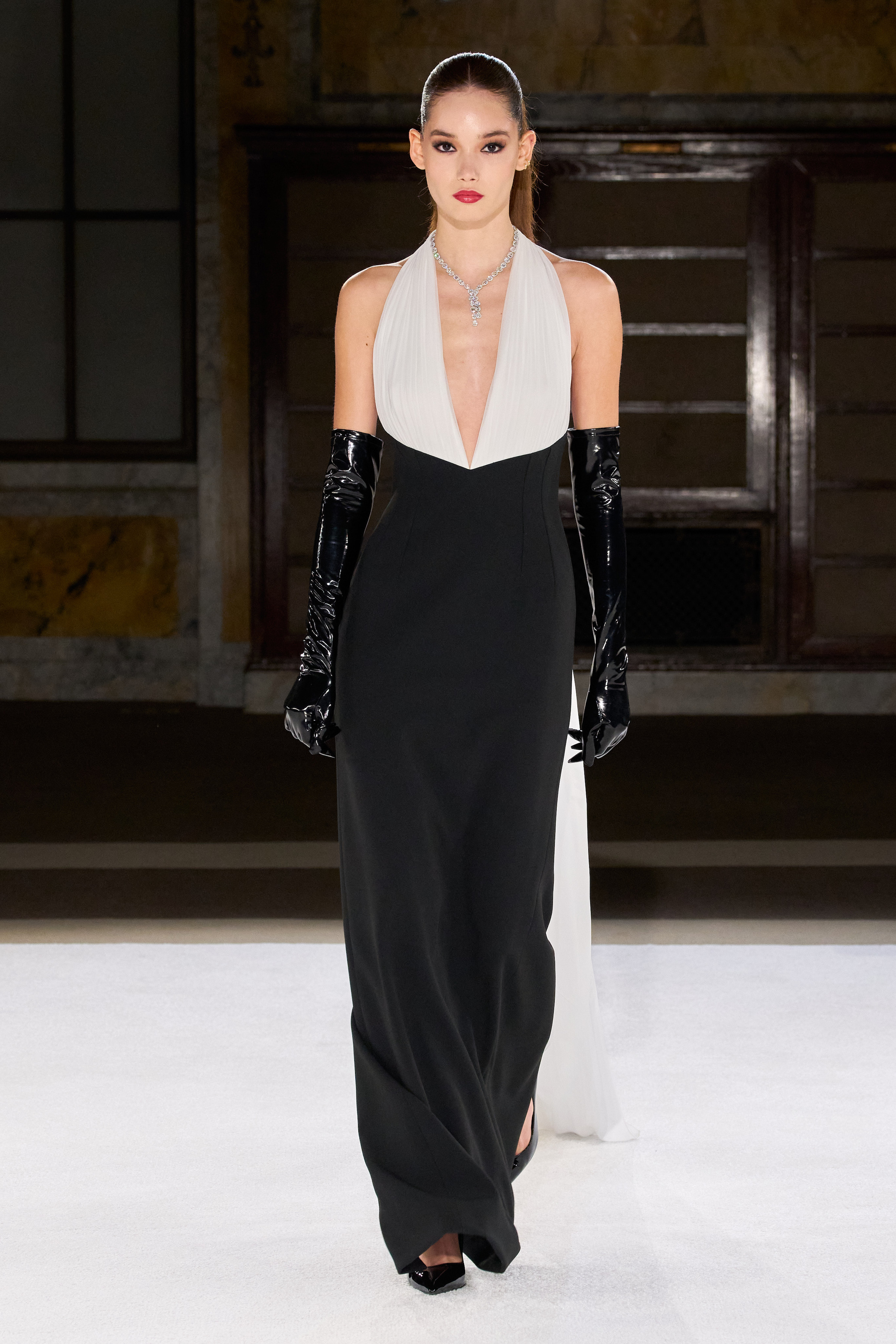
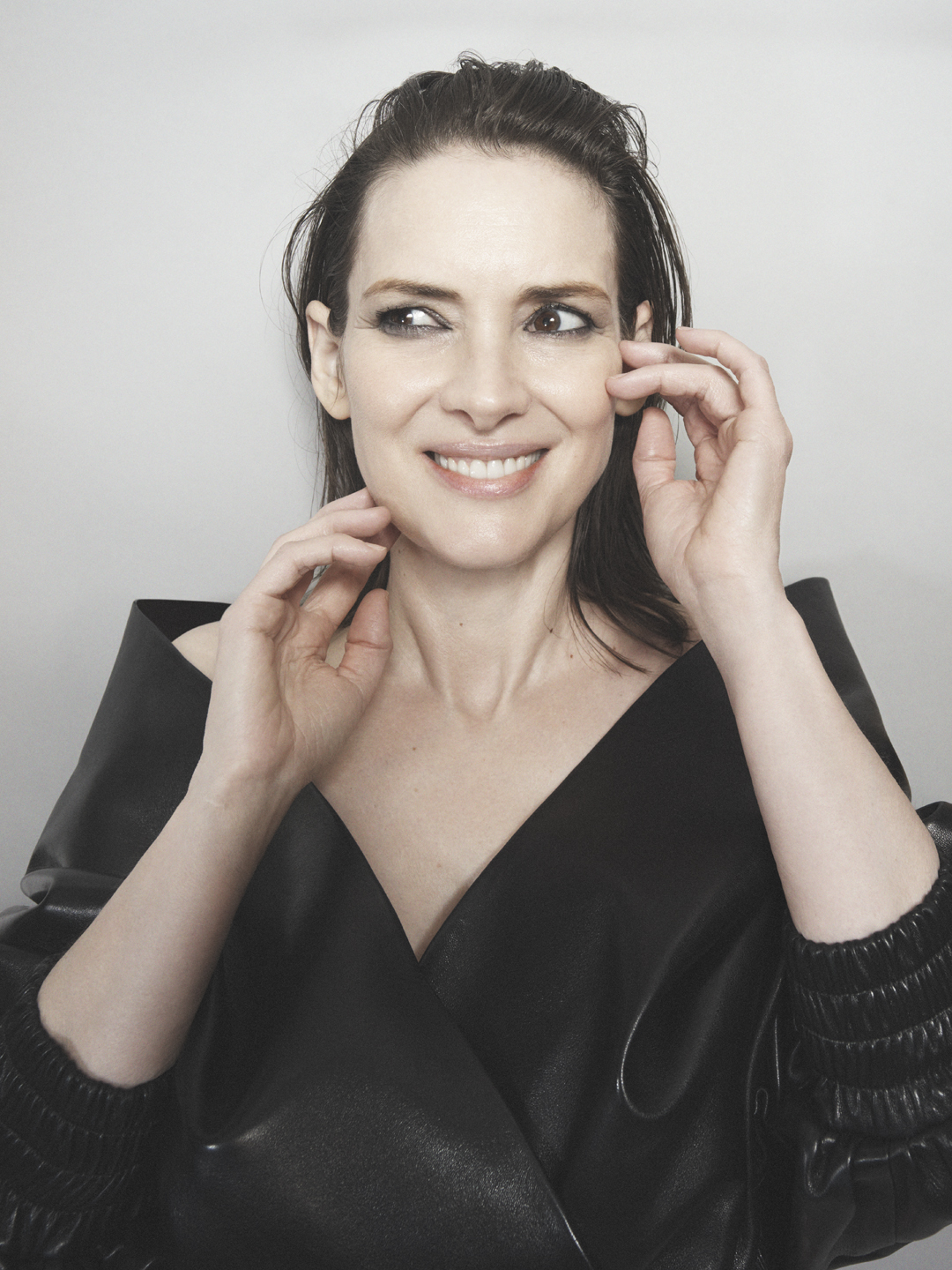
.jpg)
